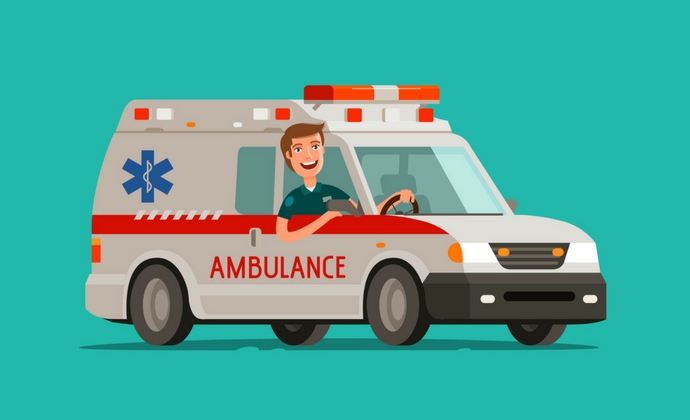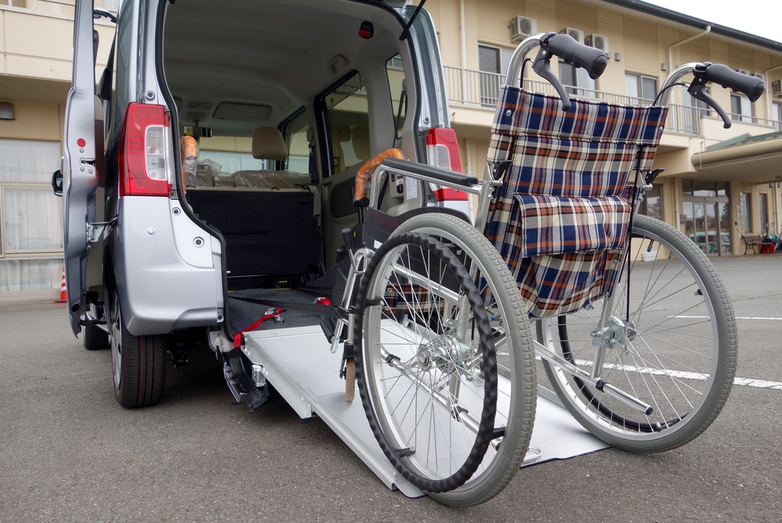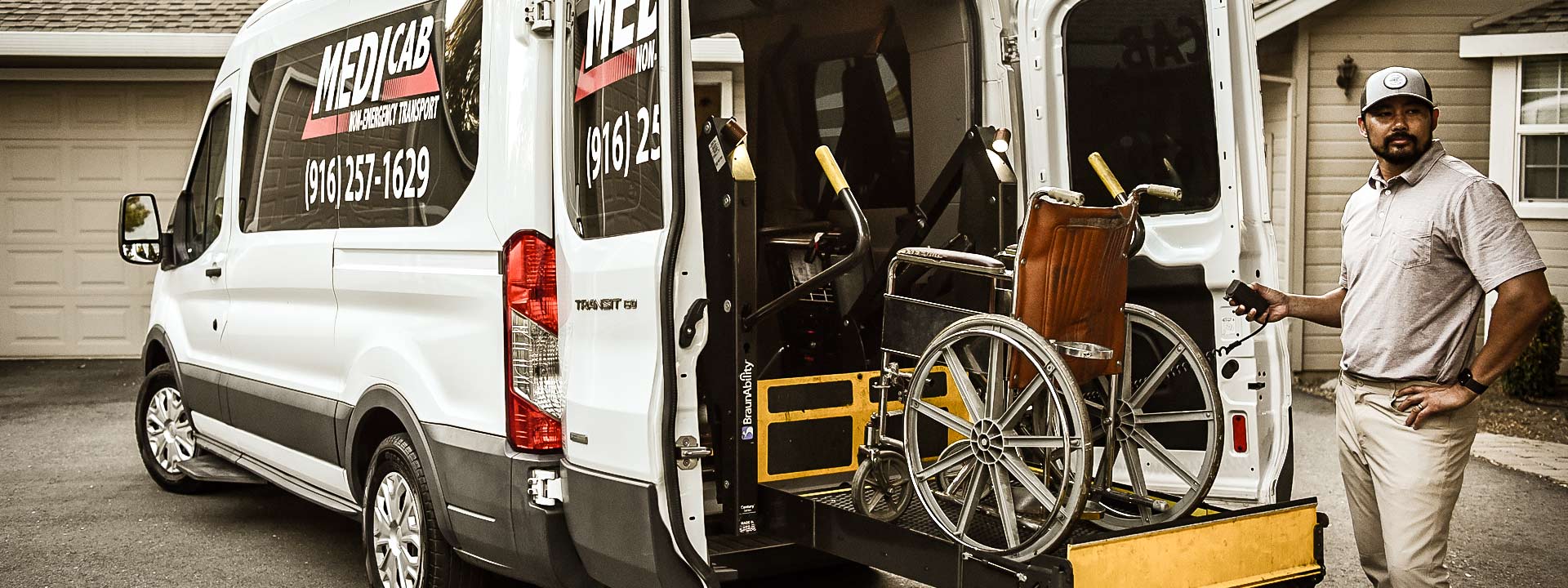Inexpensive and Accessible Medical Transport Options for every single Scenario
In the realm of health care, the capacity to accessibility clinical solutions is paramount, yet the obstacle of economical and available transportation can typically impede individuals from receiving needed care. While some might have the methods to protect personal transportation, many face barriers that make it hard to get to medical visits or centers. The landscape of medical transportation alternatives is developing, supplying a variety of remedies tailored to various requirements and circumstances. By checking out specialized medical transport services, neighborhood transport programs, ride-sharing and taxi services, non-emergency clinical transportation, in addition to public transit and paratransit options, individuals can find methods that satisfy their certain needs and ensure they obtain the care they require.
Specialized Medical Transport Provider
Specialized medical transport solutions play an essential duty in guaranteeing risk-free and reliable transport for people needing specialized care during transit. These solutions accommodate clients with distinct medical demands, such as those needing constant surveillance, specialized equipment, or clinical interventions during transportation. By using specially complete automobiles and trained clinical personnel, specialized clinical transport solutions ensure that people get the essential care while being transported in between healthcare facilities, houses, or other locations.
One secret aspect of specific medical transportation services is the emphasis on client convenience and safety. Clinical transportation groups are educated to deal with numerous medical conditions and emergency situations that may emerge during transit, offering a higher degree of treatment than conventional transportation choices. Additionally, these services usually provide door-to-door support, lessening the stress and anxiety and pain that patients might experience throughout transfers.
Area Transport Programs
Having attended to the vital role of customized medical transport services in guaranteeing secure and effective transport for people with unique clinical needs, the emphasis currently moves to examining Area Transportation Programs - medical transportation. These programs play an essential role in supplying cost effective and available transport services for the basic populace, including elders, individuals with disabilities, and low-income family members who may encounter difficulties in accessing standard transportation alternatives
Neighborhood Transport Programs encompass a series of services such as fixed-route buses, paratransit services, volunteer motorist programs, and ridesharing initiatives. These programs are often supported by city governments, non-profit companies, or private firms to ensure that individuals have trustworthy transport options to get to clinical appointments, supermarket, social activities, and other vital locations.
Ride-Sharing and Taxi Services

One of the essential benefits of ride-sharing and taxi solutions is their availability. These solutions operate 24/7, enabling people to take a trip to clinical visits, drug stores, or health centers at any moment of the day. Furthermore, ride-sharing and taxi services cater to individuals with mobility obstacles by offering wheelchair-accessible automobiles upon demand.
Furthermore, ride-sharing and taxi solutions can be specifically useful for people living in locations with limited public transport choices. By connecting the void in between home and health care centers, these solutions play a vital duty in making certain browse this site that everyone has accessibility to essential medical solutions.
Non-Emergency Medical Transportation

Non-Emergency Medical Transport service providers generally use experienced employees who are experienced in aiding individuals with differing clinical requirements. By supplying door-to-door solution, Non-Emergency Medical Transport enhances the general access of medical care for individuals that might otherwise struggle to participate in crucial webpage medical consultations.
Public Transportation and Paratransit Options
Public transit and paratransit alternatives use vital transportation solutions for individuals with differing wheelchair needs, making certain access to vital locations such as medical centers and appointments. Public transit systems, consisting of buses, trains, and subways, give a cost-efficient and widely readily available mode of transport for people seeking to reach medical consultations. These services are especially advantageous for those who might not have access to exclusive vehicles or need aid due to wheelchair obstacles.
Paratransit services cater particularly to individuals with handicaps that are unable to use standard mass transit. These solutions offer door-to-door transportation, fitting individuals with mobility devices, pedestrians, or various other mobility help. Paratransit cars are outfitted with attributes such as wheelchair ramps and securement systems to ensure the risk-free and comfy transport of passengers with varying flexibility requirements.

Final Thought
